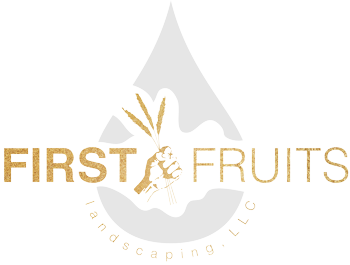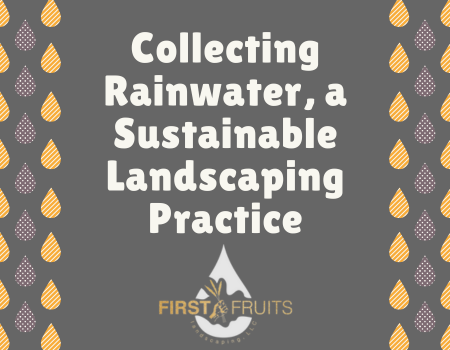Have you been considering the idea of collecting rainwater? You’re not alone! When it comes to sustainable practices taking your specific environment and its perks into consideration is key. This is especially true for those who call the PNW home and are keen to its abundance in rainfall. Embracing the abundance of nature is key. In the evergreen state of Washington, where rain is more a familiar companion than an occasional visitor, harnessing the power of rainwater is not just a smart choice but a legal and encouraged one that could end up benefiting you and your home in more than one way!
Collecting Rainwater in the PNW
The State of Washington Department of Ecology makes it abundantly clear: collecting rainwater isn’t just legal; it’s actively promoted. Rain barrels, those unassuming yet remarkably efficient vessels, are not only permissible but are also celebrated additions to any property. In a region blessed with ample precipitation, rain water collection stands as a sustainable solution, offering multiple benefits to both individuals and the environment alike.
One of the most common questions surrounding rain water collection in Washington is its legality. Thankfully, the law is on the side of sustainability. Washington State has unequivocally stated that water rights are not a prerequisite for rooftop rainwater harvesting, provided it is utilized on-site, as long as the water isn’t used for drinking as rainwater is often filled with contaminants not suitable for ingestion.
The advantages of rain water collection extend far beyond the legality, however. In a state where water conservation is paramount, rainwater offers a locally sourced, environmentally friendly alternative to traditional water sources. By capturing rainwater, individuals can significantly reduce their reliance on municipal water supplies, alleviating pressure on strained water resources and in turn, could also save on their water bill!
But what exactly can one do with collected rainwater, especially if it’s not suitable for drinking? The possibilities are as diverse as the rainfall itself. Here are just a few ideas to inspire your rainwater repurposing journey:
- Lawn and Garden Irrigation: Keep your outdoor spaces lush and green by using rain water to hand-water your lawn and garden. Not only does this conserve water, but it also ensures that your plants receive natural, chemical-free hydration.
- Vehicle and Pet Washing: Bid farewell to wasteful hose attachments by using rainwater to wash your vehicles and furry companions. Rainwater, free from the harsh chemicals found in tap water, offers a gentle yet effective cleaning solution.
- Fountain and Pond Refilling: Maintain the tranquility of your outdoor oasis by topping up fountains and fish ponds with collected rainwater. Your aquatic friends will thank you for the refreshing refill.
- Swimming Pool Refills: Keep your pool pristine with rainwater top-ups. Not only does this conserve precious tap water, but it also reduces the strain on municipal water supplies during peak usage periods.
- Outdoor Surface Cleaning: From driveways to sidewalks, rain water can replace tap water for outdoor surface cleaning tasks. Simply swap the hose for a broom and let nature’s hydration do the rest.
- Non-Potable Indoor Uses: While not suitable for drinking, rainwater can be utilized for indoor non-potable fixtures such as toilets and washing machines. This further reduces reliance on municipal water sources while minimizing environmental impact.
In addition to these practical applications, rain water collection plays a crucial role in environmental stewardship. By capturing rainwater at the source, individuals can mitigate stormwater runoff, preventing pollutants from contaminating precious waterways. This not only safeguards local ecosystems but also contributes to the overall health and resilience of Washington’s natural environment.
By harnessing the power of rain water, we can reduce our ecological footprint, conserve water resources, and embrace a more harmonious relationship with nature. So, the next time the skies open up, consider embracing the rain and letting it work its magic, one drop at a time. Your pocket book, environment, and landscaping will thank you! Contact our team of landscape professionals today to discuss the watering systems and landscaping services available to you!

